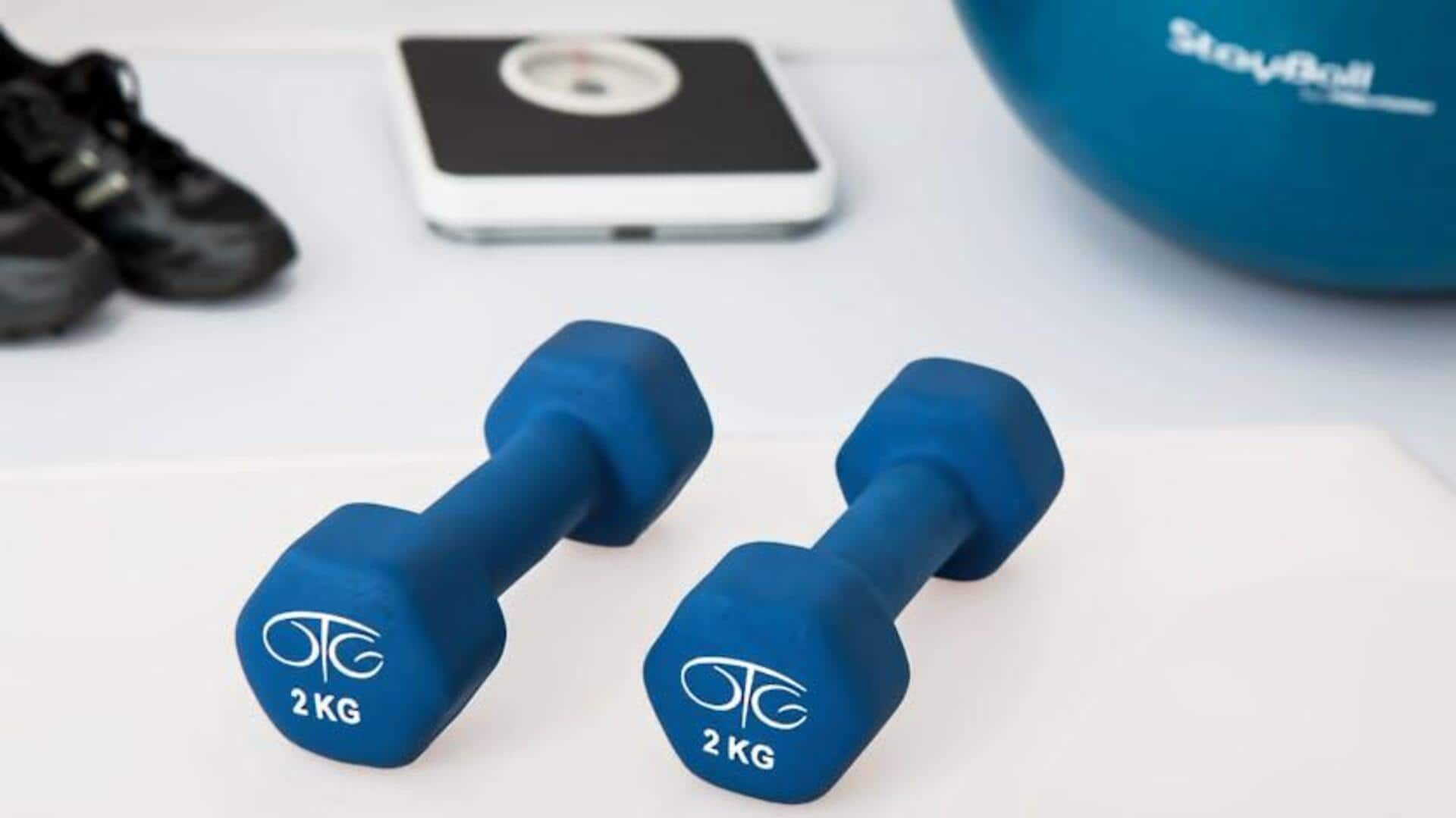
Do workouts boost your appetite?
What's the story
The notion that exercise makes you hungrier is a widespread myth. Most of us presume that physical activity leads us to eat more. However, studies suggest the opposite. Knowing how exercise influences hunger can help you make better choices with your fitness and diet. This article discusses the exercise-hunger relationship, delving into why this myth exists and what happens in our bodies when we exercise.
Hormonal impact
The role of hormones in appetite
Exercise also affects hormones that control appetite such as ghrelin and leptin. Ghrelin makes you hungry while leptin tells you when you're full. Studies have found that moderate-intensity exercise can reduce ghrelin levels and increase leptin sensitivity, thereby reducing appetite after your workout. This hormonal response varies from person to person but generally speaks that exercise doesn't automatically make you hungry.
Exercise intensity
Intensity matters
Notably, the intensity of a workout matters when it comes to appetite. High-intensity workouts may suppress appetite temporarily due to increased body temperature and redistribution of blood flow away from the digestive system. On the other hand, low-intensity activities may not affect the hunger hormones in the same manner, making some hungrier after exercising.
Mental influence
Psychological factors at play
Psychological factors heavily influence our perception of hunger post-exercise. Most people think they deserve a reward for working out, so they eat more. It's also easy to confuse thirst with hunger after a workout. These mindful cues can heavily sway our eating habits, making us eat more than what our body actually requires.
Meal timing
Timing of meals around workouts
When meals are consumed in relation to workouts can impact how hungry one feels. Eating prior to exercising may decrease post-workout appetite by fueling the workout session itself. On the flip side, exercising on an empty stomach may make some people feel hungrier afterward due merely to the fact that they haven't eaten in a while, rather than any direct impact of exercising itself.